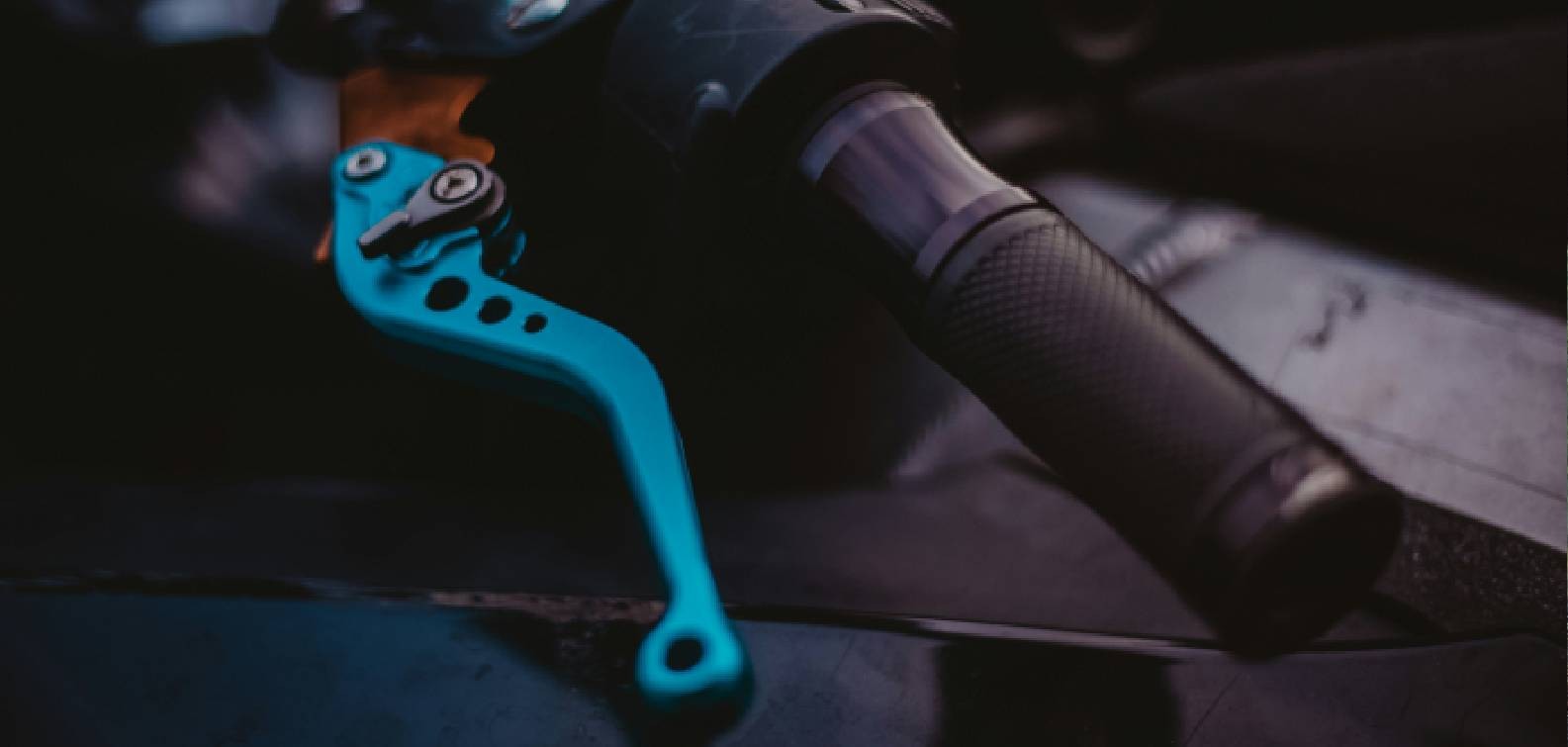Can I Have Two FASTags for One Car? One Vehicle, One FASTag Explained
Share
We’ve talked about electronic toll collection (and FASTag) a fair amount here, but at least from a customer perspective, there’s always more to talk about (definitely a good thing). More so when you consider just how critical electronic toll collection has become to India’s overall highway ecosystem.
After all, there are more than 7 crore FASTags issued across India. Because of that, the question keeps on surfacing: Can’t I have 2 FASTag for one car? Many vehicle owners often wonder if they can keep multiple tags with them for possession. Or think about things like: “Can one tag be used for more than one vehicle?”
So that’s the answer? Chances are that if you’ve clicked on this blog, you already may have an idea. This blog explains the ‘One Vehicle, One FASTag’ rule; explores why it exists; and elaborates on what you should do if you want to replace a damaged tag.
Fast Primer: What FASTag Is and Why the Rule Exists¶
FASTag is an RFID-based sticker linked to your vehicle’s Registration Certificate (RC). Once affixed on the windshield, it automatically deducts tolls from your prepaid account.
The One Vehicle, One FASTag rule was enforced by NHAI and the Indian Highways Management Company Ltd. (IHMCL) to:
- Prevent misuse of tags across multiple vehicles.
- Improve throughput at toll plazas.
- Ensure KYC compliance as per RBI norms.
- Avoid technical errors like double deductions at plazas.
For example, before this rule, some users attempted to keep multiple FASTags for the same car under different wallets to “game” cashback schemes or avoid low balance alerts. Others even tried to shift one FASTag between two cars to save the cost of buying another. These practices created chaos at toll lanes and financial mismatches in the NETC system.
Hence, the One Vehicle, One FASTag framework was introduced to bring order and efficiency.
One Vehicle, One FASTag — The Official Position¶
The official rule states:
- Only one active FASTag can be linked to a single vehicle.
- Any attempt to keep two or more FASTags linked to the same registration number will result in automatic deactivation of older tags.
- NHAI and banks enforce this by mapping each tag to the vehicle’s RC and class of vehicle.
This policy was rolled out in 2021 and is now fully enforced. Under RBI norms, KYC completion is mandatory, ensuring that each FASTag is tied clearly to the correct owner and vehicle.
Can One FASTag Be Used for Multiple Cars?¶
This is another common question. The answer again is: No.
A FASTag is issued against one vehicle’s RC number and its specific vehicle class (car, LCV, truck, etc.). Using the same tag for multiple cars will:
- Trigger class/RC mismatches.
- Lead to blacklisting in the system.
- Result in toll penalties or blocked passage.
For fleet owners or families with multiple cars, the solution is simple: buy one FASTag for each car. Banks allow you to manage multiple FASTags under one account or mobile number, but each tag must be separately registered to a vehicle.
Switching Providers the Right Way (Step by Step)¶
If you want to change your FASTag provider — say from ICICI to SBI — follow this process carefully:
- Check your current tag status using the MyFASTag app or issuer’s portal.
- Close or deactivate your old tag by contacting your bank. Clear any pending dues.
- Request a refund of the security deposit, where applicable.
- Apply for a new FASTag with full KYC details.
- Affix and test the new tag, ensuring only the new one remains on your windshield.
Remember: don’t use two tags simultaneously. Always deactivate the old one first.
Replacing a Damaged or Lost FASTag¶
If your tag is physically damaged, torn, or lost:
- Contact your issuing bank immediately.
- Request blockage of the old tag to prevent misuse.
- Apply for a replacement FASTag through the same bank.
- A replacement fee (around ₹100) may apply.
This ensures you don’t accidentally violate the One Vehicle, One FASTag rule.
KYC: Why It Matters¶
Incomplete KYC can result in:
- Tag deactivation.
- Blacklisting after cut-off deadlines.
- Inability to recharge above ₹10,000/month.
How to update KYC:
- Visit your issuing bank portal or IHMCL portal.
- Upload RC, Aadhaar, PAN, and photo.
- Complete within the prescribed SLA (Service Level Agreement) period.
A fully KYC-compliant FASTag ensures smooth travel and uninterrupted services.
Frequently Asked Questions¶
Q1. Can fleet owners manage many tags on one mobile number?
Yes. Multiple tags can be managed on one account, but not multiple FASTags for one vehicle.
Q2. What happens if an old tag remains on the car after new installation?
It may still be read by scanners. Always remove/discard old tags physically.
Q3. Can I temporarily keep two FASTags while switching providers?
Not recommended. Deactivate the old one first to avoid double deductions.
Rules, Consequences, and Actions Summary¶
| Scenario | Allowed? | What Happens | What to Do |
| 2 FASTags on one car | No | Old deactivated, risk of confusion | Deactivate/close extras; keep latest |
| 1 FASTag across multiple cars | No | RC mismatch, blacklist risk | Buy separate tags per vehicle |
| Switching banks/providers | Yes | Old must be closed first | Deactivate old; then apply new |
| Incomplete KYC | No | Tag deactivated or blacklisted | Complete KYC with issuer/IHMCL |
Simple Decision Tree¶
- If changing banks → Close old tag → Apply new → Affix only the new one.
- If lost/damaged → Block old → Request replacement.
- If multiple tags are detected → Contact bank → Deactivate extras.
Conclusion¶
To answer the question directly: Can we have two FASTags for same car? No. The One Vehicle, One FASTag rule is strict, enforced, and designed to prevent misuse.
- One vehicle = one active FASTag.
- One FASTag = one vehicle.
- Switching providers is allowed, but only after closing the old tag.
- Multiple tags for one vehicle = risks of double deduction, blacklist, and penalties.
By following the correct process, you avoid fines, confusion, and wasted money — and ensure smooth passage on India’s highways in 2025.
For more on FASTag and road safety, keep on following Ecozaar.
Based on 0 ratings
Tanushree (Author)
Tanushree is a dynamic business strategist with a knack for driving innovation in startups, especially in Fintech and Edtech. With 9 years of work-ex, an IT engineer from MIT Pune, & a MBA from IIM Bangalore (Marketing & Business Strategy), she’s got the mix of analytical and creative problem-solving.
Read moreRelated Blogs
Popular articles are selected based on the number of readers




